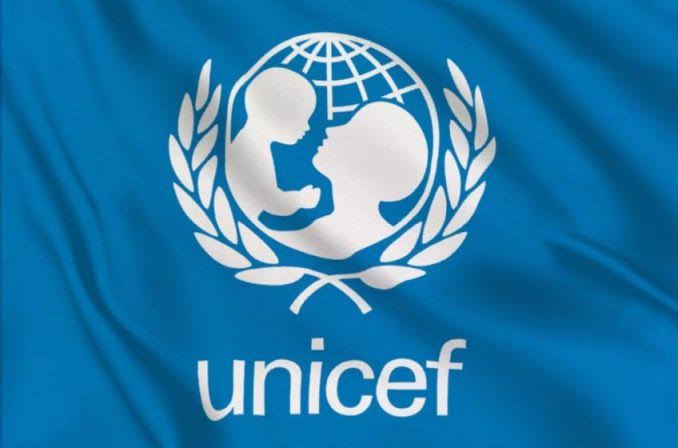By Muhammad Amaan
The UN Children’s Fund (UNICEF) said introducing Multiple Micronutrient Supplements (MMS) for pregnant women will reduce maternal and infant mortality in Nigeria.
The UNICEF Kano Field Office Nutrition Specialist, Mr Oluniyi Oyedokun, said this on Thursday in Kaduna at a two-day stakeholder’s inception meeting on scale-up MMS in Kano State.
The Federal Government has taken steps to transit from Iron and Folic Acid Supplements to MMS for pregnant women to ensure better birth outcomes.
The Federal Government adopted the use of MMS based on the 2020 World Health Organisation (WHO) recommendation on antenatal care for positive pregnancy experience.
Oyedokun revealed that the MMS intervention was being sponsored by the Bill and Melinda Gates Foundation, adding that only five states in Nigeria, including Kano are currently benefiting from the project.
He described MMS as “the most essential and common solution to anaemic pregnant women globally.”
The nutrition specialist, who described the MMS as a blessing, urged the state government to intervene because of Kano’s importance in Nigeria due to its population.
He said that the objectives of the meeting were to share the concept and deliverables of the Bill and Melinda Gates Foundation (BMGF)-funded MMS scale-up of the project to state level stakeholders in Kano State.
He added that “it is also to outline and agree on the roles and responsibilities of partners, to identify the enabling environment for leveraging government resources for procurement of MMS.
“It is to develop a work plan and agree on modalities of implementation.”
He urged policy makers to hasten the release of funds for the procurement of MMS to save the lives of pregnant women and generations unborn.
Oyedokun urged stakeholders to look at the prevention of anaemia in pregnancy holistically, from the perspective of social behavioural change.
The nutrition specialist also urged them to create an enabling environment for MMS acceptability and intervention to prevent anaemia among pregnant women.
According to him, the partnership among UNICEF, Bill and Melinda Gates Foundation, Alive and Thrive and CS-SUN is to improve pregnancy outcomes.
According to him, the first 1,000 days of a baby’s life starting from the first nine months in the womb and two years after birth is critical to the well-being of the mother and child.
He stressed the importance of ensuring good nutrition for women of child bearing age and the expectant mother for the healthy development of the baby even at foetal stage.
“The first 1,000 days are what determine the criticality of the child’s development.
“From the womb, infancy and early childhood, the first 1,000 days are the critical window for growth and development,” he said.
Earlier, the Commissioner for Health, Dr Abubakar Labaran, commended UNICEF and partners for their prompt intervention to Kano State Government, particularly on issues concerning primary healthcare for children and pregnant women.
“We appreciate UNICEF and other partners, partnering with Kano State Government to ensure that we overcome all health challenges, particularly anaemia among children under five years and pregnant women.”
Represented by the acting Permanent Secretary in the ministry, Alhaji Shehu Sani, he revealed that arrangements have been concluded to release N500 million MMS intervention fund as directed by Governor Abba Kabir Yusuf.




